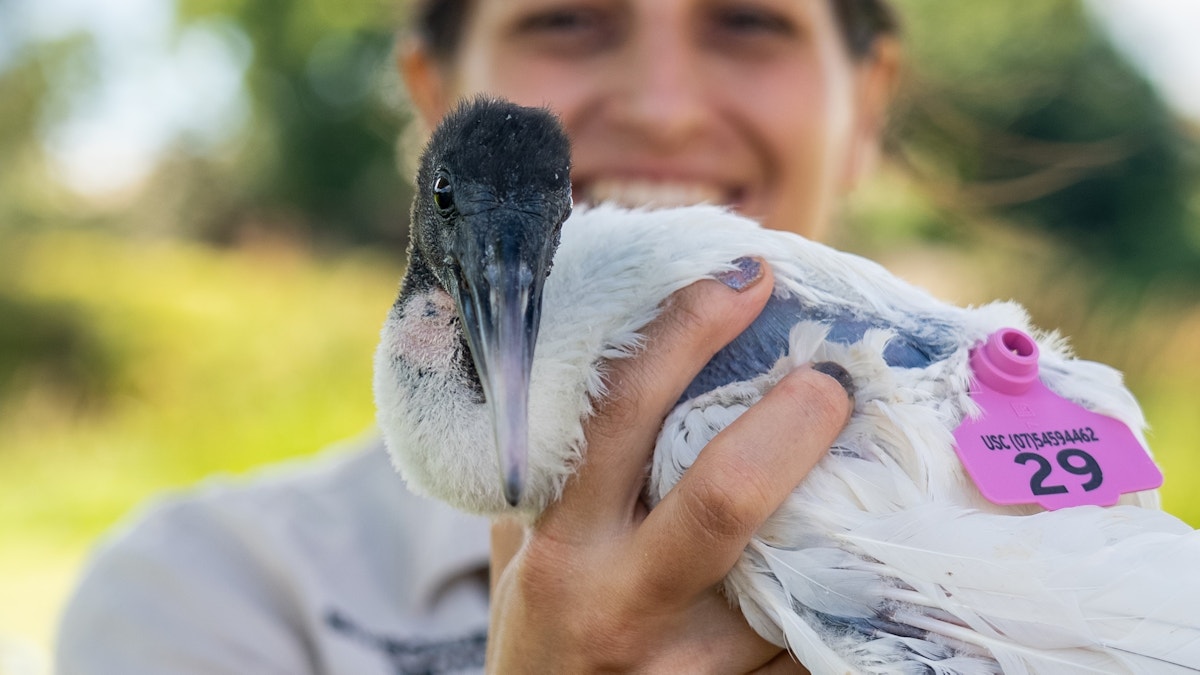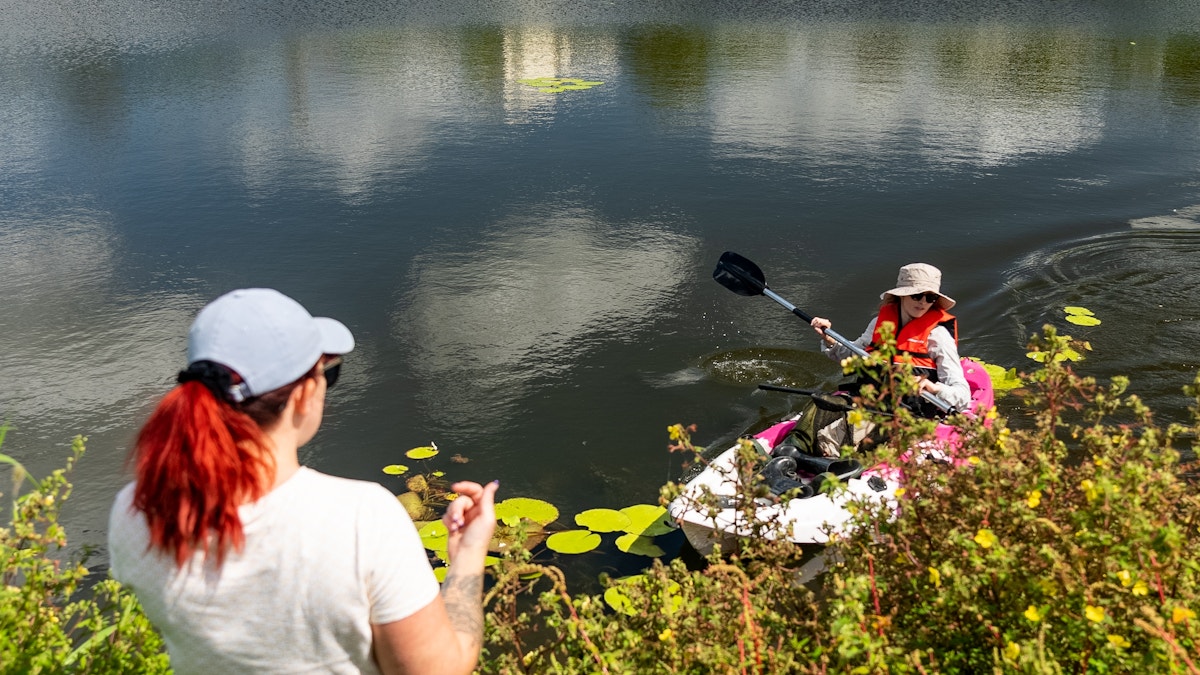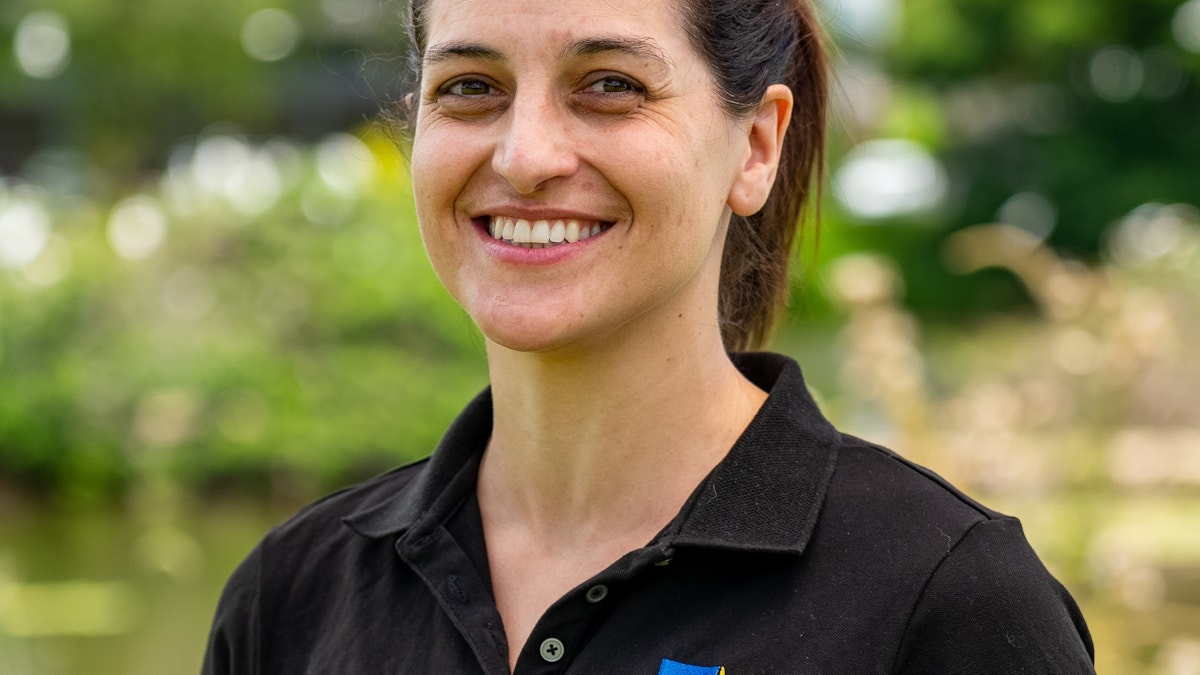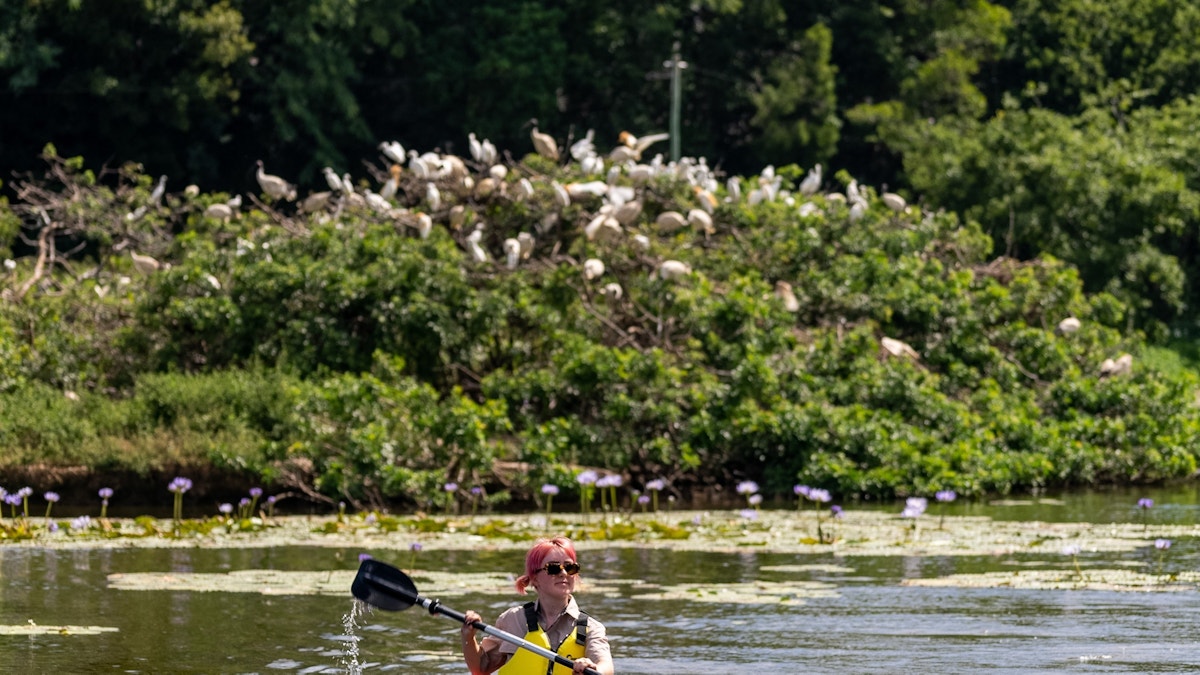
Studying 'trashy lives' of region's ibis
Published 6:00am 17 January 2023

 Words by Nick Crockford
Words by Nick Crockford
Smelly, noisy, messy - Australia’s native white ibis is a bird with a bad reputation.
However, a study is now using the Moreton Bay Region to get a better understanding of our ‘bin chickens’ ... and it wants your help.
University of the Sunshine Coast researchers and Moreton Bay Regional Council are looking at how ibis breed, feed, move in urban areas and if rubbish tips are key to their survival.
The survey - at colonies including Centenary Lakes, Caboolture – will see up to 500 birds caught and tagged, with some also having GPS tracking devices.
Residents and visitors are asked to report sightings of ibis with the bright pink or blue tags using a free citizen science app ‘Big City Birds’. They can even choose a name for the bird.

Lead researcher Dr Dominique Potvin says it is part of a larger UniSC project using blood samples and other measurements in the hope ibis, also called ‘dump ducks’ and ‘tip turkeys’, will give up more secrets.
Once found in inland wetlands, this protected species has developed into a bold, opportunistic scavenger in urban streets, parks and rubbish dumps.
“The Australian white ibis is a common species across cities and towns all over Australia, with dense numbers occupying urban centres, however, almost nothing is known about how it is affected by different environmental variables,” Dr Potvin said.
Using the Moreton Bay Region, researchers are looking at what affects ibis colony sizes, genetic diversity, bloodlines and health of the birds.

Over the next year, the team will visit more than 30 breeding sites, once every two months, to collect observational data, including number of nests, eggs, juveniles and adults.
Dr Potvin said the research will fill knowledge gaps about the birds and identify breeding hotspots to help Council develop a white ibis management strategy.
“Breeding and feeding sites for Australian white ibis occur within densely-populated human centres, creating or magnifying potential conflict between the birds and the community due to their colony noise, smell and the damage they cause to local vegetation,” she said.
“We want to find out what is the optimal breeding habitat for these birds and where do these occur in the Moreton Bay region.
“Are Australian white ibis in the region residential or mitigatory and what are the population demographics and meta-population dynamics?

“Do the birds breed in the same locations year after year, what is the reproductive rate at different sites and are rubbish tips really are the key to their survival in the urban landscape.”
Moreton Bay Regional Council’s strategy includes manipulating urban habitats and restricting artificial food supplies in the ibis breeding season.
“While there is a beauty in all things, their numbers have grown rapidly in urban areas, earning themselves a title of being a nuisance for residents and workers,” Mayor Peter Flannery said.
“The work we’re doing with the help of the University of the Sunshine Coast could become world-leading research to help manage their numbers in urban areas and offer some insight into how we can better protect their natural habitat.”
Related Stories
Top Stories

Info sessions for North Pine dam
Drop-in community sessions are being held over the next nine days for those wanting more information about Seqwater’s dam improvement program.


Popular Stories

Moreton Bay artists shine in 2024 Brisbane Portrait Prize
Four Moreton Bay artists are among the 64 finalists chosen from almost 600 entries in this year’s Brisbane Portrait Prize. See their works...

'Priority' given for Waraba plans
Waraba, formerly known as Caboolture West, will be the 36th Priority Development Area in Queensland, unlocking land for 30,000 new homes and an estimated 70,000 new residents.

Trai Fuller: ‘It’s always felt like home’
Praised by Wayne Bennett for his courageous style of play and loved by long-time Dolphins fans, Trai Fuller has locked in a two-year deal with the club he calls home. He tells us why it means so much to him













